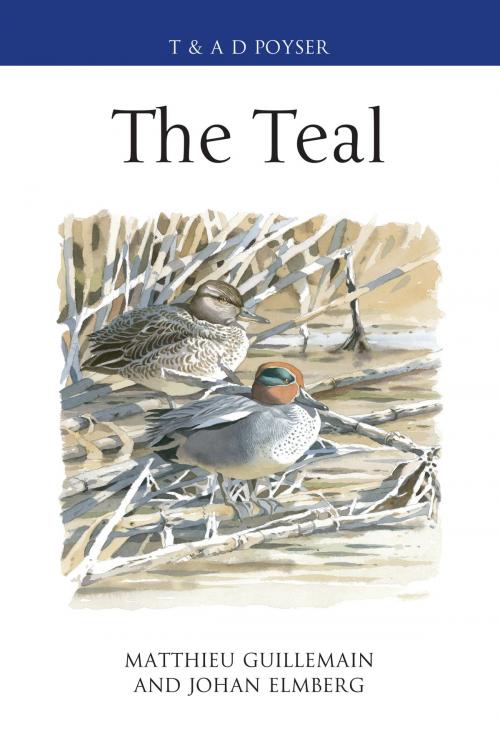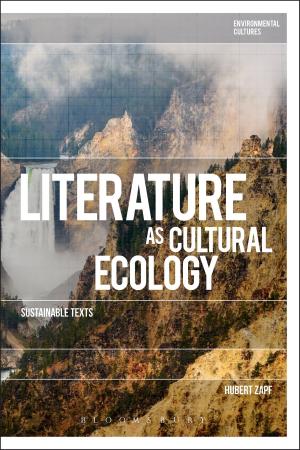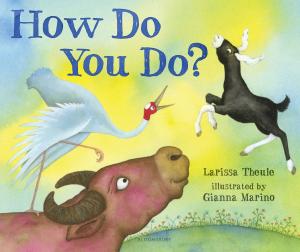| Author: | Matthieu Guillemain, Johan Elmberg | ISBN: | 9781472908520 |
| Publisher: | Bloomsbury Publishing | Publication: | October 23, 2014 |
| Imprint: | T & AD Poyser | Language: | English |
| Author: | Matthieu Guillemain, Johan Elmberg |
| ISBN: | 9781472908520 |
| Publisher: | Bloomsbury Publishing |
| Publication: | October 23, 2014 |
| Imprint: | T & AD Poyser |
| Language: | English |
Small, noisy and colourful, the Teal is a familiar duck throughout the wetlands and waterways Europe and Asia. Once hunted extensively for the pot, its numbers have recovered and it is now one of our commonest species of waterfowl.
A flagship species for wetland conservation, the Teal is also an excellent model species for ecological research, and this forms the spine of this new Poyser monograph.
The Teal looks at distribution and trends in numbers, foraging ecology, breeding behaviour), population dynamics, management and conservation of teal, looking at both the Eurasian Common Teal and its North American equivalent, the Green-winged Teal (which until relatively recently was considered to be the same species). The book provides a scientifically robust account on which wetland managers, research scientists and the ornithological community may rely, with wider implicatons for the conservation and management of other waterfowl, and for ecological research in general.
Small, noisy and colourful, the Teal is a familiar duck throughout the wetlands and waterways Europe and Asia. Once hunted extensively for the pot, its numbers have recovered and it is now one of our commonest species of waterfowl.
A flagship species for wetland conservation, the Teal is also an excellent model species for ecological research, and this forms the spine of this new Poyser monograph.
The Teal looks at distribution and trends in numbers, foraging ecology, breeding behaviour), population dynamics, management and conservation of teal, looking at both the Eurasian Common Teal and its North American equivalent, the Green-winged Teal (which until relatively recently was considered to be the same species). The book provides a scientifically robust account on which wetland managers, research scientists and the ornithological community may rely, with wider implicatons for the conservation and management of other waterfowl, and for ecological research in general.















